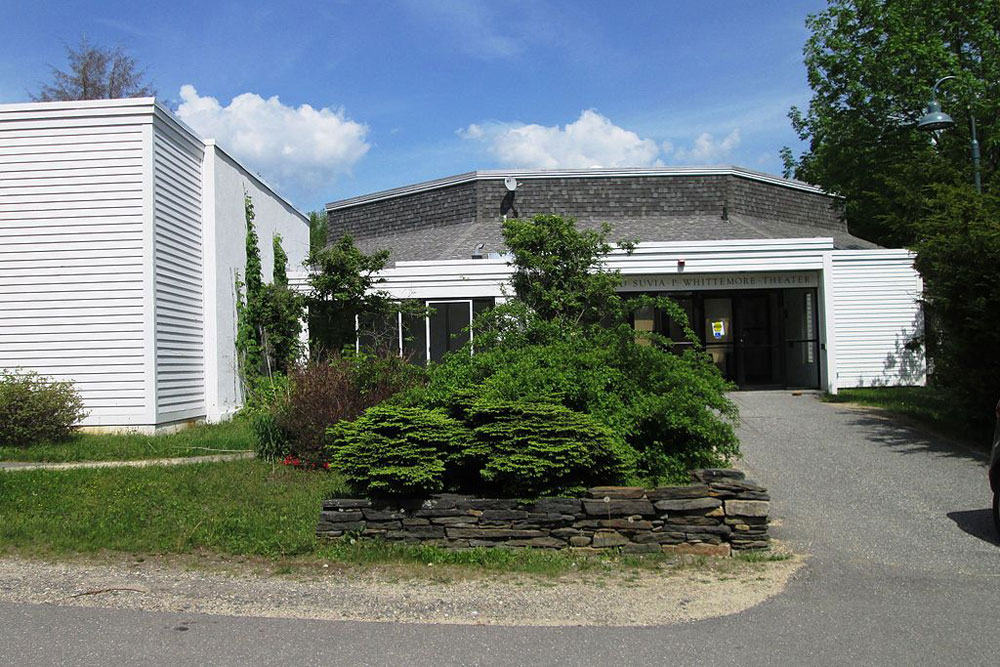
July 7, 2020; VT Digger and the Berkeley Beacon
Mergers are never easy, and we never thought this particular one would be painless, but add in a pandemic and the most carefully considered recipe can go seriously awry.
A great deal has changed in the world since NPQ first reported on Marlboro College’s efforts to merge with Emerson College—or, as it appears, become subsumed into the Liberal Arts and Interdisciplinary Studies program there. Marlboro, a liberal arts school founded in 1946, already has a buyer for its site; its 58 buildings on 530 acres, which includes 17 miles of campus trails in southern Vermont are in contract, have been sold to Democracy Builders, a nonprofit with affiliates that include charter schools.
Vermont’s state attorney general, T.J. Donovan, is reviewing the merger. However, not all in the Marlboro community are on board with the change. Town resident Dr. David Williamson—a professor of management, a former employee and alumnus of Marlboro College, wrote to the independent online news service VT Digger to voice his objections. Williamson believes the Board of Trustees failed to follow Uniform Prudent Management of Institutional Funds Act (UPMIFA) guidelines. Moreover, Williamson charges that Emerson is endangering students by insisting that Marlboro students sign up for the fall during the COVID-19 pandemic in order to take advantage of an agreed-upon tuition discount.
It’s complicated.
Emerson issued plans for the fall semester in June; like many other schools, they will be using a hybrid model of in-person and online classes. Emerson is encouraging Marlboro students to take advantage of a one-time tuition break by enrolling next month. The tuition break does not carry over to those enrolling in 2021; if students don’t want to be on campus due to the coronavirus, they can take advantage of the opportunities open to all Emerson students and enroll in online classes, but will lose the housing break that’s been offered through the merger.
Emerson will consider Marlboro students who do not enroll until Spring 2021 as transfer students. The loss of the tuition and housing break could be valued at $20,000.
Sign up for our free newsletters
Subscribe to NPQ's newsletters to have our top stories delivered directly to your inbox.
By signing up, you agree to our privacy policy and terms of use, and to receive messages from NPQ and our partners.
Merger details were negotiated by working groups from both colleges between November 2019 and June. Marlboro has created a fund to cover the discounted tuition and housing for their students who will attend Emerson. Some might suggest that since the pandemic has created extraordinary circumstances, and since a fund is already in place to cover the expense, Emerson should reevaluate the discount and extend it another semester.
But there are a number of indications that all is not well when it comes to basic respect for Marlboro students. For instance, when surveys went out to returning students, prospective students, and families, Marlboro students didn’t get them.
Marlboro’s endowment was $37 million on June 30, 2018, but when addressing the fiscal responsibilities of the Board of Trustees, it helps to review the college’s entire 990 tax filing. The college has low enrollment—there are approximately 150 Marlboro students, compared to the 4,000 undergraduates at Emerson—and has run a deficit since 2015 that’s risen over $2 million each year since 2016. Supporting 150 students on 530 acres in 58 buildings is hardly cost-effective, so one might argue that Marlboro’s Board of Trustees were honoring donor intent by merging, as described by Vermont statute, Title 14, Chapter 120, § 3413:
(a) Subject to the intent of a donor expressed in a gift instrument, an institution, in managing and investing an institutional fund, shall consider the charitable purposes of the institution and the purposes of the institutional fund.
(b) In addition to complying with the duty of loyalty imposed by law other than this chapter, each person responsible for managing and investing an institutional fund shall manage and invest the fund in good faith and with the care an ordinarily prudent person in a like position would exercise under similar circumstances.
The working groups and the trustees, then, did not intentionally put students in jeopardy. There was no pandemic when the merger was agreed upon in 2019. The Trustees appear to be acknowledging the wishes of many of their donors by passing the endowment to Emerson so the funds can benefit students.
In order to show a modicum of good faith, though, Emerson may want to reconsider the parameters for enrolling the 150 Marlboro students. Is that degree of respect too much to ask? —Marian Conway










